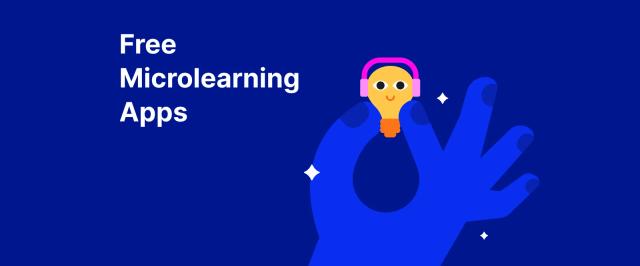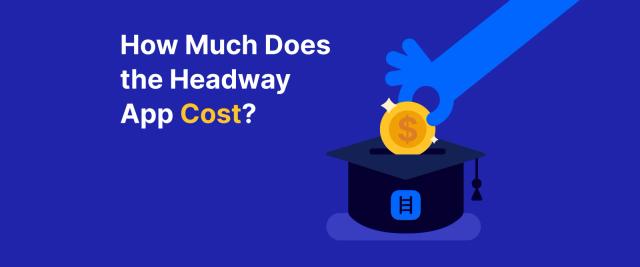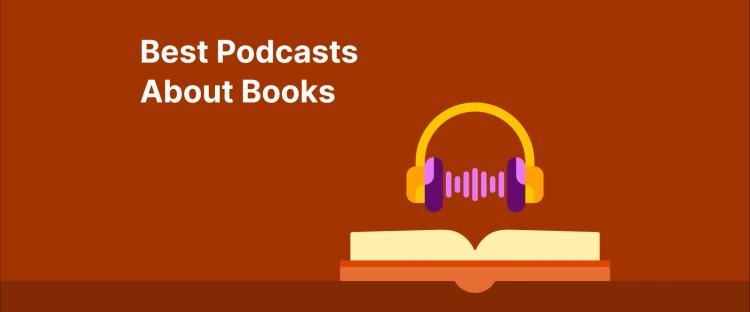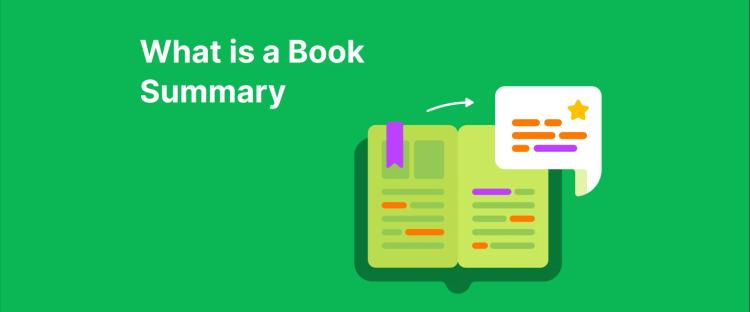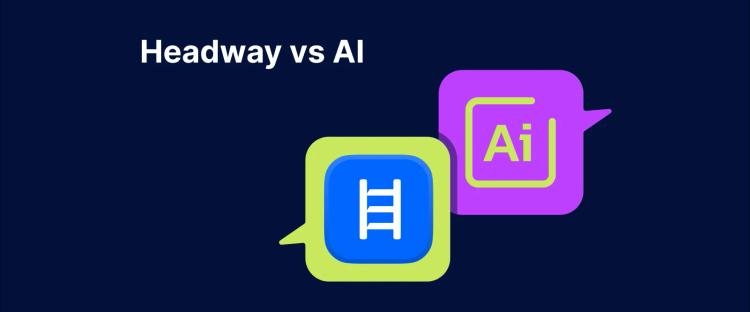Do you check your phone every few minutes, even when nothing's happening? You're not the only one. Studies show the average person touches their phone 2,617 times daily.
The good news? You can retrain your brain and learn how to stop dopamine addiction. With expert tips from '10% Happier,' 'Digital Minimalism,' and other self-improvement reads, you can start your recovery journey now.
The Headway app brings these insights to you in 15-minute summaries, making it easier to build healthier habits without spending hours reading.
Download the Headway app today and transform your screen time into growth time!
Quick tips on how to stop dopamine addiction:
Reset your brain's reward system through dopamine detox techniques
Replace instant gratification with 15-minute learning sessions
Practice mindfulness and cognitive behavioral therapy strategies
Set clear boundaries around phone usage and screen time
Build sustainable habits through spaced repetition and gamification
Keep reading for the complete guide to breaking free from dopamine addiction!
Five proven strategies to reset your brain's dopamine balance
Breaking free from dopamine addiction requires a structured approach. Here are science-backed strategies that help you regain control.
1. Set clear goals and boundaries
Choose what you want to learn and improve. Create a personal plan with specific challenges tailored to your needs.
Establish specific times for phone use to limit exposure to addictive content. Cal Newport's 'Digital Minimalism' suggests treating technology like a tool rather than a constant companion.
His approach suggests picking set times for social media, like 30 minutes after dinner, instead of checking all day. Setting boundaries helps your brain get used to healthier habits.
Jaron Lanier’s 'Ten Arguments to Delete Your Social Media Accounts Right Now' goes further showing how platforms create addiction with variable rewards and endless scrolling. Even taking one day a week off social media can help reset your expectations and lower cravings.
📘Break free from phone addiction with the Headway app!
2. Build consistent daily habits
Spend just 15 minutes daily on meaningful activities. This consistent practice helps build healthier habits and gradually reduces your need for instant gratification.
Dan Harris's '10% Happier' demonstrates how starting small with meditation — just 5-10 minutes daily — creates lasting change. He went from skeptic to advocate by making mindfulness a non-negotiable part of his morning routine.
Apply this same principle using Headway: commit to one 15-minute summary each morning with your coffee.
Use features like highlighting key insights and saving them as flashcards.
Engage in spaced repetition to reinforce understanding of essential concepts.
The app reminds you to revisit important ideas, turning brief reading sessions into long-term knowledge.
📘Try Headway to reset your brain's reward system!
3. Replace harmful activities with growth activities
Join challenges and earn rewards as you grow. Making progress feel like an achievement rather than a chore keeps you motivated.
Listen to audio summaries while commuting, exercising, or performing routine tasks. Instead of doomscrolling during your commute, absorb insights from book summaries. This makes every moment productive without requiring extra time.
For more details and wisdom, look through the summary of Gretchen McCulloch's 'Because Internet' and learn how online communication shapes our brains and habits.
Understanding these patterns helps you make conscious choices about when and how you engage digitally, transforming passive scrolling into intentional learning.
📘Download Headway and reclaim your focus today!
4. Use mindfulness techniques
Mindfulness and self-awareness are essential components of a successful dopamine detox. By becoming more aware of your thoughts and behaviors, you can better manage your dopamine levels and break free from this addiction.
Mindfulness practices, such as meditation and deep breathing, can help you:
Reduce stress and anxiety: Mindfulness techniques calm the mind and reduce stress associated with constant digital engagement.
Increase self-awareness and self-regulation: Being mindful helps you recognize your triggers and patterns, allowing for more effective response regulation.
Improve emotional regulation: Mindfulness enhances emotional intelligence, helping you manage emotions better.
Increase motivation and productivity: Focusing on the present moment improves concentration and productivity.
📘Transform dopamine cravings into growth habits, get Headway!
5. Build healthier tech relationships
By being more mindful of your phone usage and screen time, you can build a healthier relationship with technology by:
Setting boundaries around phone usage: Establishing specific times for phone use can help limit exposure to addictive content.
Using apps that promote mindfulness and self-awareness: Certain apps are designed to encourage mindfulness and self-awareness, which can help you stay focused and present.
Engaging in activities that promote relaxation and stress reduction: Activities like yoga, reading, or spending time in nature can provide a healthy alternative to screen time.
Practicing gratitude and self-compassion: Regularly reflecting on positive aspects of life and being kind to yourself can improve overall well-being.
By incorporating mindfulness and self-awareness into daily life, you can reduce any risk of dopamine addiction and develop a healthier, more balanced relationship with technology.
📘Add Headway to your toolkit for better mental health!
Why your brain craves constant stimulation
Dopamine is a neurotransmitter responsible for feelings of pleasure and reward.
Modern technologies, particularly smartphones and social media, have learned to exploit the parts of the brain responsible for the dopamine system, creating a cycle where we constantly seek these fleeting surges of instant gratification.
This constant flood of stimuli makes it difficult to focus on essential tasks and engage in deep, meaningful work.
Ending dopamine addiction involves understanding and addressing the various factors that fuel these addictive behaviors.
High dopamine levels can come from various sources — whether it's endless video games, substance abuse, or behavioral addictions.
Some people also might turn to drug abuse through addictive substances like opioids, leading to more serious issues with drug addiction.
Recognizing these impacts is the first step toward addressing dopamine addiction and reclaiming control over our mental health and daily life.
📘Want to beat phone addiction? Start with Headway!
The real cost of dopamine overload on your life
The negative consequences of dopamine addiction are hard to miss. It affects both mental health and emotional well-being.
Simple actions like scrolling through social media trigger the release of dopamine, but overuse can lead to an imbalance in your brain's reward center.
Physical and mental symptoms
Increased stress and anxiety: Constantly seeking instant gratification heightens stress levels, making relaxation difficult.
Decreased motivation and productivity: Your brain becomes accustomed to quick rewards, reducing motivation for tasks requiring sustained effort.
Poor sleep quality: Excessive screen time, especially before bed, disrupts sleep patterns and reduces overall rest quality.
Decreased attention span: The constant barrage of notifications makes focusing on single tasks for extended periods challenging.
Increased risk of depression: Imbalanced dopamine levels contribute to developing depression and other mental health issues.
📘Build healthier screen habits daily with the Headway app!
Impact on relationships and performance
Dopamine addiction strains relationships with loved ones. Too much screen time leads to less meaningful face-to-face interaction and hurts your ability to connect with others.
It also affects work or school performance, leaving you feeling less satisfied and accomplished in daily life.
📘Try Headway and turn screen time into learning time!
What happens when you reset your dopamine levels
A dopamine detox is like pressing the reset button on your brain's reward system. Taking a break from constant stimuli can improve many health conditions. Here's what you might notice:
Your brain starts enjoying simpler things again.
You feel less stressed and anxious.
Tasks that seemed boring become easier to do.
You sleep better, especially when avoiding screens before bed.
Your attention span grows stronger.
Your relationships with loved ones improve.
Taking a break from constant stimulation helps you develop better habits. Many people find that cognitive behavioral therapy (CBT) and mindfulness practices help them stay on track. These tools teach you to understand your thoughts and behaviors better, helping you manage dopamine levels naturally.
📘Train your brain for focus with Headway book summaries!
Take control of your focus with Headway book summaries
Now that you know how to stop dopamine addiction, you can reclaim your focus and mental health. And the Headway app transforms this journey into daily progress.
With 15-minute summaries, personalized learning paths, and gamified challenges, you get structure and engagement without social media's harmful effects. Track your growth, reinforce key insights through spaced repetition, and make every moment count.
Download the Headway app today and join 50+ million users who've chosen to transform their screen time into self-development!
FAQs
Why am I so addicted to dopamine?
Dopamine addiction develops when your brain becomes dependent on constant stimulation from activities that trigger quick pleasure responses. Modern technology exploits your reward pathways similarly to substance use disorders, according to psychiatry research. Your brain craves these instant hits because they provide immediate satisfaction, creating cycles that become increasingly difficult to break without intervention and conscious effort to retrain your neural patterns.
What strategies can help combat dopamine addiction and enhance well-being through dopamine detox?
Several science-backed approaches, such as mindfulness practices, CBT, and dopamine fasting, can help you reset your brain's reward system and improve your mental health. Mindfulness and CBT help individuals recognize and manage addictive behaviors, improve decision-making, and develop healthier habits.
What is "dopamine fasting"?
Dopamine fasting involves taking planned breaks from addictive stimuli to reset dopamine receptors and reduce dependence on the brain's reward pathways. Educational resources by experts, such as in "Dopamine Nation," explore the neuroscience of addiction and offer practical recovery strategies.
How can individuals support their journey to overcome phone addiction?
Overcoming phone addiction requires a thorough plan. It involves building healthy self-care routines, having strong social support from others, and using resources that can help reduce dopamine indulgence in daily life. Additionally, participating in wellness activities, joining support groups, and consulting healthcare professionals can help manage withdrawal symptoms and prevent relapses.
How does the brain's reward system contribute to addiction?
The brain's reward system releases neurochemicals like dopamine and serotonin when you engage in pleasurable activities. With repeated stimulation — whether from drug use, social media, or gaming — your brain adjusts its baseline, requiring more intense experiences to feel the same reward. This neurochemical imbalance drives compulsive behaviors and creates the addiction cycle that affects both substance and behavioral patterns.



